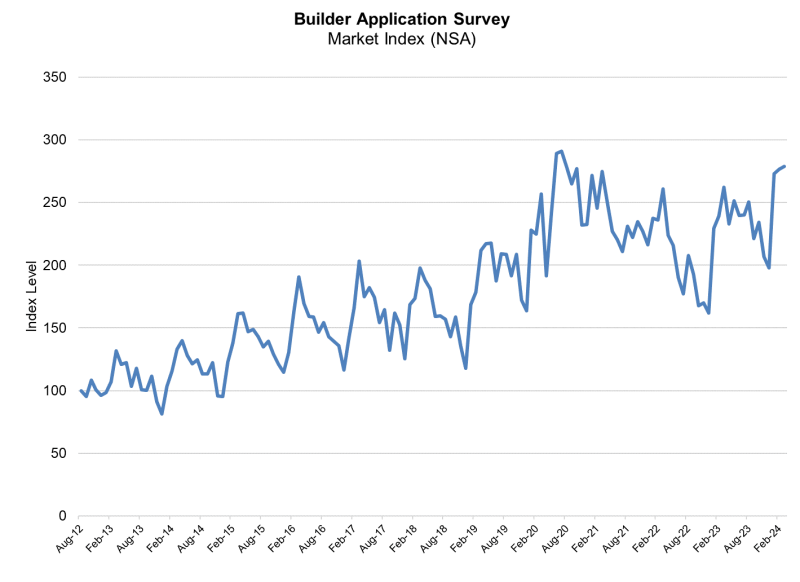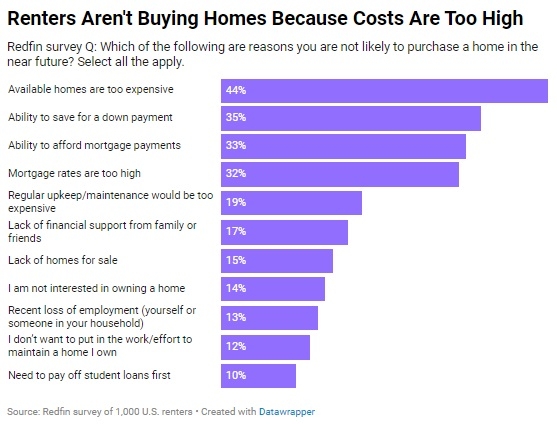Advertisement
Former Georgia mortgage broker sentenced 25 years for multiple mortgage fraud schemes

Edward William Farley of Hoschton, Ga., was sentenced by United States District Judge Timothy C. Batten Sr. to serve 25 years in federal prison on charges of bank fraud and conspiracy involving mortgage fraud, a real estate investment Ponzi scheme with more than 100 victims, a check-kiting scheme and bankruptcy fraud. Walter Julius Hermann of Dunwoody, Ga., was also sentenced by Judge Batten to serve over two years in federal prison on charge of bank fraud involving real estate appraisals he submitted in the Farley mortgage fraud scheme.
“Not only did these different mortgage fraud schemes cause the lenders to suffer cash losses of $23 million, they contributed to the losses that many homeowners and communities have experienced because of the blight of empty houses, " said U.S. Attorney Sally Quillian Yates. "Homeowners think someone new is moving in, their houses will keep their value, and their community is growing. But just the opposite happens. Flipped houses turn into eyesores and the neighborhood quickly suffers. This creative mortgage fraudster is now going to federal prison.”
“While justice is served in the sentencing of Farley and his associates to federal prison, over 100 victims suffering large monetary losses remain," said Brian Lamkin, Special Agent in Charge, FBI Atlanta. "Farley’s greed was far reaching in that he crossed over into several schemes to defraud. The mortgage fraud scheme run by Farley relied on others to pull off the scam, but he relied on the complete and ill-placed trust of the victims in an aggressive real estate Ponzi scheme offering investors high rates of returns. The FBI is pleased in the role that it played in removing from society these few individuals that preyed on so many.”
Farley was sentenced to 25 years in prison to be followed by five years of supervised release, and ordered to pay restitution of $24,131,857. FARLEY pleaded guilty to these charges on Nov. 5, 2009. Hermann was sentenced to two years and nine months in prison to be followed by five years of supervised release, and ordered to pay restitution of $2,023,077. Hermann was also prohibited from requesting reinstatement of his appraiser’s license during his prison sentence or during his supervised release. Hermann pleaded guilty to this charge on Dec. 16, 2009. There is no parole in the federal system.
According to U.S. Attorney Yates, the charges and other information presented in court: Farley, a former mortgage broker, operated through “Creative Home Search,” “Southern Land Partners,” “Georgia Land Group,” and “Global Mortgage” in Dunwoody and Norcross, Ga., to defraud mortgage lenders through same-day “flips” of properties located in Buford, College Park, Conyers, Cumming, Dacula, Grayson, Lawrenceville, Lithonia, Norcross, Marietta, Roswell, Snellville, and Suwanee.
Farley paid appraiser Hermann to fraudulently inflate the value of each property by $50,000 to $100,000, and recruited often unqualified investor/borrowers to purchase them from one of his companies. The loan applications of these investor/borrowers were often supported by false income, employment, bank deposits, bank statements, W-2s and/or leases. However, as is common with “flips,” Farley did not purchase the properties he was selling to the investors/borrowers until after the fraudulently obtained loan proceeds on the “second” “subsequent” purchase had been disbursed. During the “first” purchase, he purchased the properties for up to $100,000 less than the amount of the inflated mortgage loans he had arranged for the investor/borrowers in the “second” purchase. As a result of the defendant’s lies and manipulations, the lenders lost millions of dollars in this flip scheme.
In a separate real estate investment/Ponzi scheme, Farley operated under the name “Alliance Resource Management” (ARM) in Lawrenceville, Ga., to conceal his new source of income from prior victims. He falsely represented that ARM was in the business of purchasing primarily residential properties which were being renovated and sold at a profit, when in reality ARM had insufficient equity and income to do so. Real estate investors and lenders, including private investors, corporate lenders, and banks were induced to participate through Farley’s false promises that their investments and loans were fully secured by a first security position in property, plus a personal guarantee, and sometimes title insurance. Farley also provided promissory notes falsely promising those ARM lenders an interest rate between 14 percent to 60 percent. The same property was used to “fully secure” multiple investors and lenders, causing losses in excess of $20 million. As is common in such Ponzi schemes, Farley made repayments to early victims from scheme proceeds generated from newer investors and lenders.
Farley also fraudulently obtained $1.2 million from Washington Mutual Bank in a check kiting scheme by transferring funds he did not have among several ARM bank accounts, and withdrawing scheme proceeds before the “insufficient funds” checks were returned. He then used $400,000 in investor funds solicited for property refinance loans to address his check-kiting problem. The evidence also showed that Farley diverted assets of ARM to himself after a bankruptcy petition was filed, and concealed that diversion from the United States Bankruptcy Court and ARM creditors.
A co-defendant related to Farley’s Ponzi scheme, Trent Edward Wright of Cumming, Ga., was a real estate closing attorney used by Farley in his scheme to issue title policies without paying off prior security holders. Wright pleaded guilty to mail fraud on Dec. 17, 2009, and was sentenced on March 12, 2010, by Judge Batten to serve one year and nine months in prison, to followed by three years supervised release, and ordered to pay restitution of $2,409,760.
These cases were investigated by special agents of the Federal Bureau of Investigation with the assistance of the Office of the United States Trustee. Assistant United States Attorney Gale McKenzie prosecuted the cases.
For more information, visit www.justice.gov/usao/gan.
About the author





